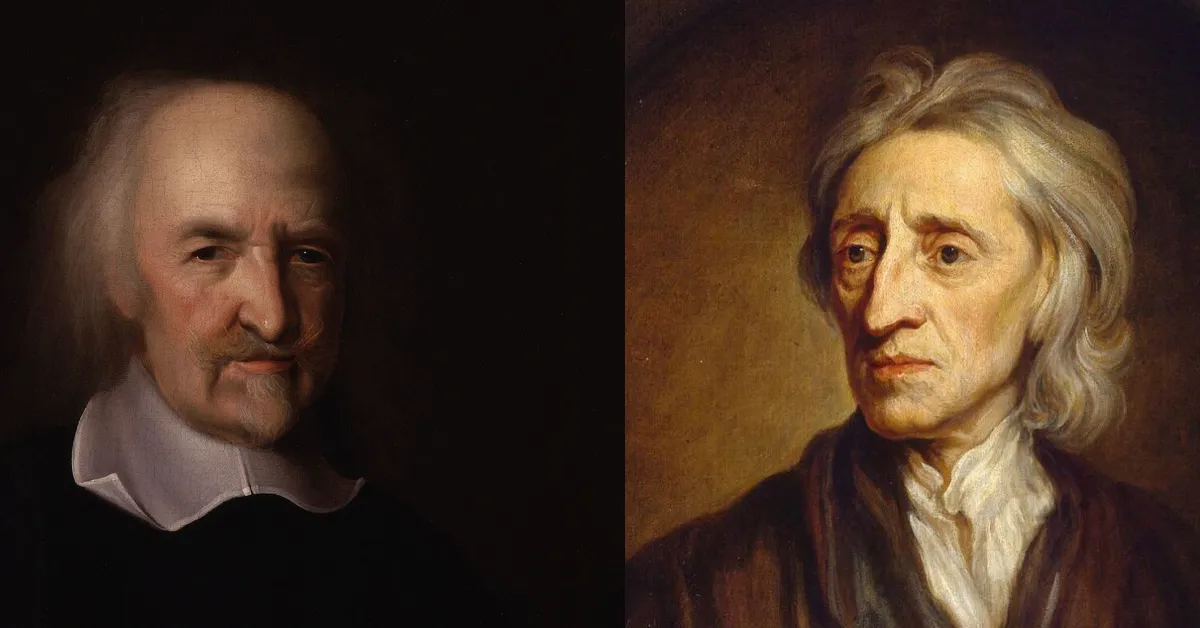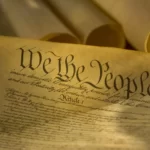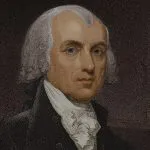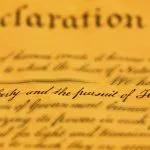In a world of shifting values and relative moralism, it has been said that there are in reality, no limits to government. We are simply limited by what is convenient at the moment and what the people vote in. This of course is an erroneous concept that creates impartiality in the law and creates a tyranny of the majority. This is why the Declaration of Independence stated that “But when a long train of abuses and usurpations, pursuing invariably the same Object evinces a design to reduce them under absolute Despotism, it is their right, it is their duty, to throw off such Government.”
There are objective limits to the government. Our system of government is based on natural law and social contract theory. A social contract is a theoretical agreement between the governed and government. Within any contract, there is a purpose of the contract. What is the contract supposed to protect? In the case of our social contract, it is life, liberty, and property. This is the basis of why we have a government.
Thomas Hobbes in his work on social contract theory said the men in nature, that is before governments exists, are in a state of war. That every man is out for his own interests and will us any force necessary to obtain his goal. He will kill to protect his life, liberty, and property. In this condition, it is merely that the strongest survive. If I want another man’s property and I am strong, I merely take it and there is nothing that the other person can do.
John Locke disagreed with this notion to an extent. Locke believed that injustice created a state of war. He believed that when man had no objective arbitrator to resolve conflict injustice came about and therefore war. For both Hobbes and Locke, this was the reason that governments were necessary, to arbitrate and provide objective resolutions to issues of life, liberty, and property. Therefore, the government doesn’t exist to grant rights. They exist to protect life, liberty, property.
Life, liberty, and property are the basis of a productive life. In reality, the right to life is the ultimate right. Liberty and property are an extension of the right to life. If a person is deprived of their liberty to act, in essence their right to life is negated in some form. The same is true of property. If property is deprived, the ability to engage in commerce is negated and as such, their life is negated in some form. Therefore, the social contract is in place to protect life, liberty, and property among other natural rights that we have.
The constitution sets the limits of what government can do in the social contract. When it was written there were a lot of assumptions made about what government could and could not do. Originally, the Bill of Rights was not included because it was merely assumed that people would understand that those things would be understood as part of the agreement. James Madison argued that “the government can only exert the powers specified by the Constitution.” Later Madison would change his mind on the subject. Madison, once the most vocal opponent of the Bill of Rights, introduced a list of amendments to the Constitution on June 8, 1789, and “hounded his colleagues relentlessly” to secure its passage. Madison had come to appreciate the importance voters attached to these protections, the role that enshrining them in the Constitution could have in educating people about their rights, and the chance that adding them might prevent its opponents from making more drastic changes to it.
The right to freedom of religion, speech, privacy, and many more are all extensions of protecting the natural state of life, liberty, and property. In recent history, these rights have been under attack. The passage of the 16th amendment is a classic example. It states that the federal government has a right to tax its citizenry directly. While there are some that would suggest that this is perfectly fine and that we can change the terms of the social contract as we please, it is important to note that this is a clear violation of the very purpose of the social contract. If the social contract is in place to protect life, liberty, and property then the 16th amendment has clearly violated that purpose. It fundamentally changed the social contract to state that the government has a higher claim to our own property than we do. The government no longer protects our rights, it violates them and negates our life to a certain degree. We no longer have liberty; our liberty is subjective and indebted to the state.
Unfortunately, most people do not think of government or rights in these terms. We have forgotten what rights are. We have come to believe that rights are given not protected. This is a dangerous idea. When we believe that rights are given, it supposes that government has a higher claim to our lives than we do. It gives the government too much power over our existence. This will eventually cause an injustice (it already has). When this injustice occurs and becomes intolerable, we will be thrust back into a state of war. The government has to return to protecting our rights and our citizens must understand where our rights come from otherwise, totalitarianism is inevitable.





